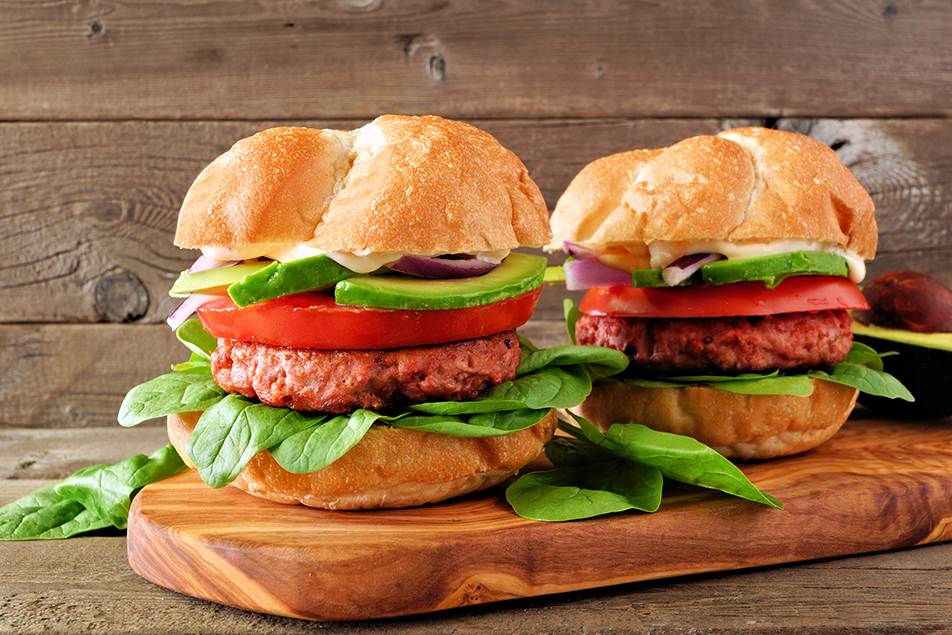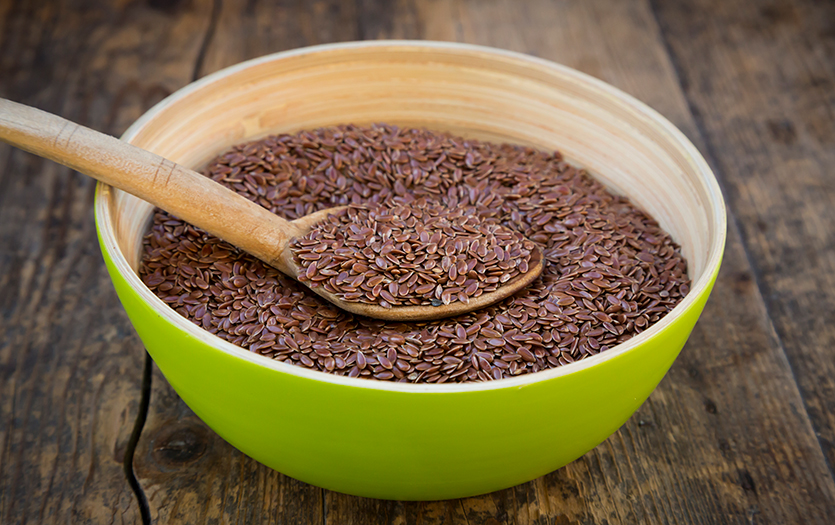
This post was written by Adrianne Kartholl RDN, LD, clinical dietitian, Parkview Health.
Stroll through the frozen section or by the meat counter at any grocery store and you’ll be bombarded with burger patties. Contemplating beef, turkey, black bean and plant-based options can make any consumer’s head spin, with questions like which is the tastiest? The healthiest?
While these are great questions, there truly are no right or wrong answers. Burgers are a great item to build into your menu planning, as they are versatile and easy. And no matter which type you go with, you’re likely to get a healthy dose of protein.
The pros of protein
Protein is considered a macronutrient, along with carbohydrates and fats. Protein is found in animal products, such as meat, poultry, fish, seafood, eggs and cheeses, as well as plant sources, like soy, beans, legumes, grains, nuts and peas. Protein is essential to our bodies and has been labeled as the “building block of life.” Protein is used within the body to build and repair tissues, and is essential for growth in children.
All meats are not equal
When it comes to meat sources, there are a few items we want to be sure to look at, as meat can be higher in fat and saturated fats. This can be the case for red meat products. While this doesn’t mean you can’t have it, be sure to look for a mixture that is no more than 80/20. This means that the meat being ground is 80% lean meat mixed with 20% fat. Ideally, we’d encourage you to go even higher, to a 90/10 or greater.
Turkey, a type of poultry, is naturally leaner than red meat, but still high in protein and very low in saturated fats. This can make it a great option for those who also enjoy the taste.
What plants provide
With plant-based products, there are so many different varieties that picking one is really up to your own personal preferences. Some products are truly plant-based, in which there are no animal products used in the manufacturing. Some varieties use strictly beans, such as black beans, as their base, while some veggie burgers use a variety of sources such as soy and beans together in their mixture. If you wish to stick to a plant-based menu, it is important to look at the ingredient list, as many companies will use egg as a binder.
A non-animal source of protein has added benefits, such as a lower fat content, higher amount of fiber, and many of these varieties still provide around 20 grams of protein per serving. To put this in perspective, a traditional beef or turkey burger will have roughly 20-25 grams of protein per serving.
Again, while there is no one right answer, variety is the spice of life! My suggestion would be to feel free to mix it up. If you prefer an animal product, stick with the leanest option possible, and load it up with veggies for toppings. If you prefer a plant-based option, be sure to pick one with at least 15-20 grams of protein per serving. Again, feel free to load it with veggies for toppings for added fiber and flavor!



